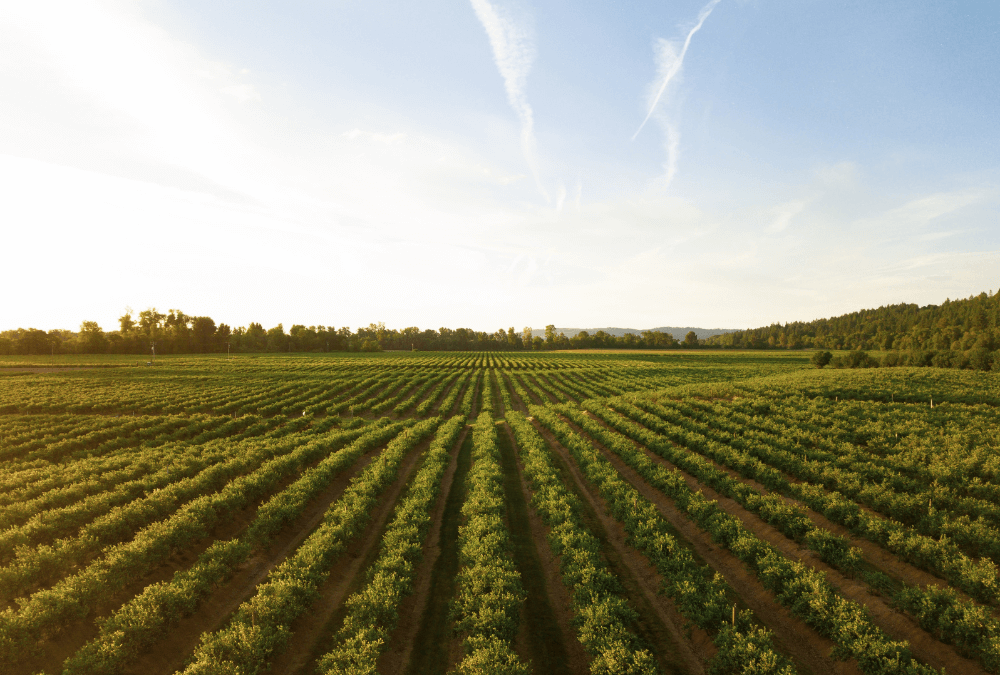Atlante
News
As the number of vegans continues to grow, what will happen to livestock farmers?

24 August 2023
The vegan lifestyle is becoming increasingly popular, and many people are rediscovering it. In fact,6.6% of the Italian population declarethemselves vegetarian or vegan (Eurispes data 2023).
One of the most common objections to this choice is the potential risk ofbringing an entire category of workers to theirknees. If everyone in the world went vegan, what would happen to livestock farmers?
Why farmers are not at risk of losing their jobs
Fortunately, the risk of farmers losing their job does not hold true.
While concerns about massive unemployment are understandable and would impact many lives, such a drastic change would not happen overnight. The system would need time to adapt, providing livestock workers with opportunities to explore alternatives, transition to more sustainable production methods, or even switch to different professions.
It would also not be an unprecedented transition. In recent years, thanks to the increasing number of people choosing a vegan or vegetarian lifestyle, many farmers have left farming behind in favour of agriculture. For example, in 2020, the Blaser family from the Swiss Emmental region decided to switch to farming chickpeas and spelt.
Another common objection concerns the fear of an entire professional category disappearing. However, as mentioned earlier, history has shown that restructuring the production system is fortunately possible, and people have adapted to changing times throughout the ages.
Countless professions have ceased to exist, many less than a century ago, such as typewriter repairers, ice sales people, coachmen, and more. Some professions transformed and adapted, while others have disappeared and have been replaced by jobs that may themselves no longer exist in a few decades’ time.
A change that involves everyone
So, is it possible to preserve many people’s jobs while adopting a vegan lifestyle, which is more sustainable for the planet and humanity? The answer is yes, but it requires a structural paradigm shift.
Government intervention, such as redirectingfunds allocated for livestock farming, would be necessary.This would facilitate a natural shift of workers from livestock to agriculture, minimising job losses and positively impactingthe environment.





